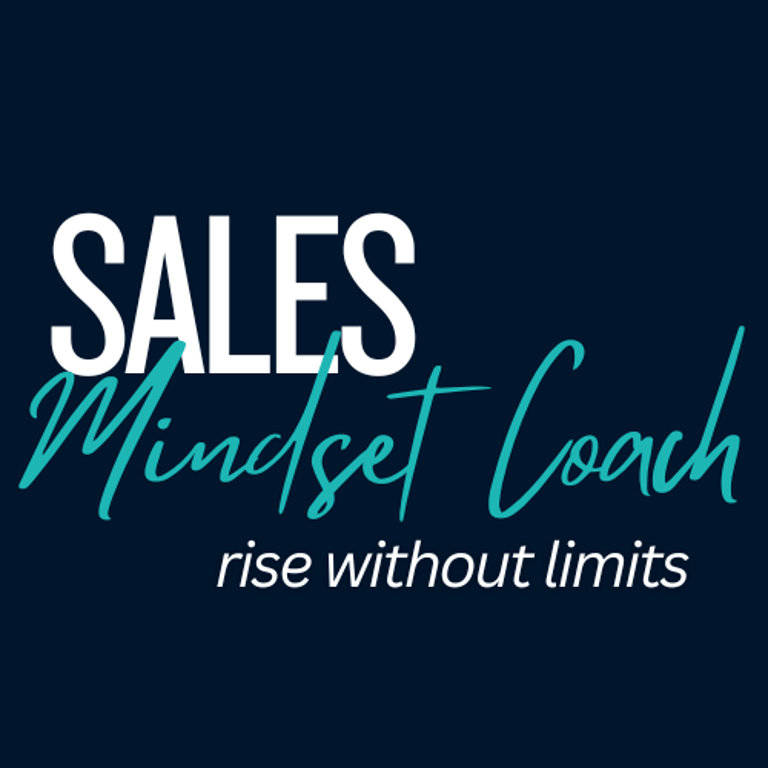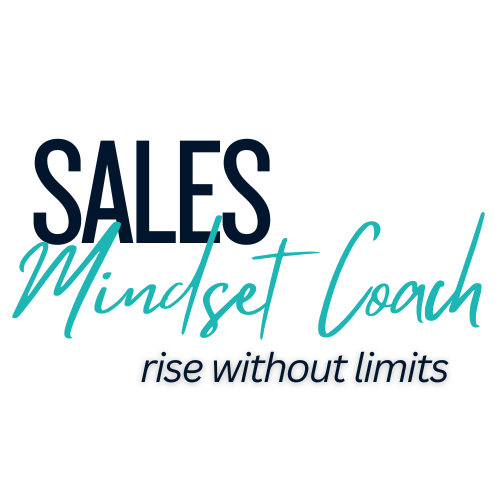Mastering the Art of Selling: Blend Cognition, Emotion, and Intuition
How the best salespeople blend cognition, emotion, and intuition - without getting overwhelmed or robotic.
7/19/20252 min leer


Understanding the Sales Blend
Sales isn’t just about closing a deal; it’s an intricate dance between cognitive skills, emotional intelligence, and intuitive instincts. The best salespeople don’t merely rely on numbers and data; they also connect with their prospects on a deeper emotional level. By merging these elements, they can think faster, feel deeper, and ultimately sell smarter.
The Power of Cognition in Sales
An astute salesperson understands the importance of cognition in the sales process. This involves quickly analyzing information, understanding needs, and crafting compelling solutions. When salespeople think faster, they can pivot in conversations, addressing customer needs in real-time. This quick thinking allows them to navigate objections and seize opportunities, turning potential rejections into enthusiastic yeses.
Emotional Engagement Sets the Best Apart
It’s a well-known fact that people buy based on emotions. Savvy salespeople capitalize on this by feeling deeper. They engage emotionally, listening to their clients and articulating their offerings in a way that resonates on a personal level. Imagine a salesperson who genuinely connects with a client’s pain points and aspirations. This approach doesn’t just make the client feel heard; it fosters trust and establishes a strong rapport. They are not just making a sale—they are building a relationship.
Intuition is Your Best Ally
Sales can often feel chaotic, with shifting dynamics and unpredictable responses from clients. This is where intuition plays a crucial role. The top sales professionals have honed their instincts to read people and situations effectively. They can sense when to push forward with a pitch or when to back off. Blending intuition with cognitive skills creates a holistic approach to selling that feels natural instead of robotic. This adaptability helps maintain a genuine connection with clients, even amidst complexity.
Finding Balance to Avoid Overwhelm
The key to mastering this blend is achieving balance. Over-relying on hard data might make a salesperson feel mechanical, undermining emotional connections. Conversely, acting solely on emotion without cognitive strategies can lead to erratic selling. Therefore, the top performers find a sweet spot where all three components work harmoniously. They utilize their analytical skills to assess client needs, tap into emotional responses for connection, and rely on their instincts to navigate the sales terrain.
Conclusion: Becoming a Sales Ninja
For anyone looking to elevate their sales game, the message is clear: think faster, feel deeper, sell smarter. By harnessing the synergy of cognition, emotion, and intuition, salespeople can thrive without feeling overwhelmed or too mechanical. So, embrace your emotions, trust your gut, and sharpen those analytical skills. This holistic approach may just help you transform your sales experience, turning mundane pitches into insightful exchanges that lead to successful outcomes.


